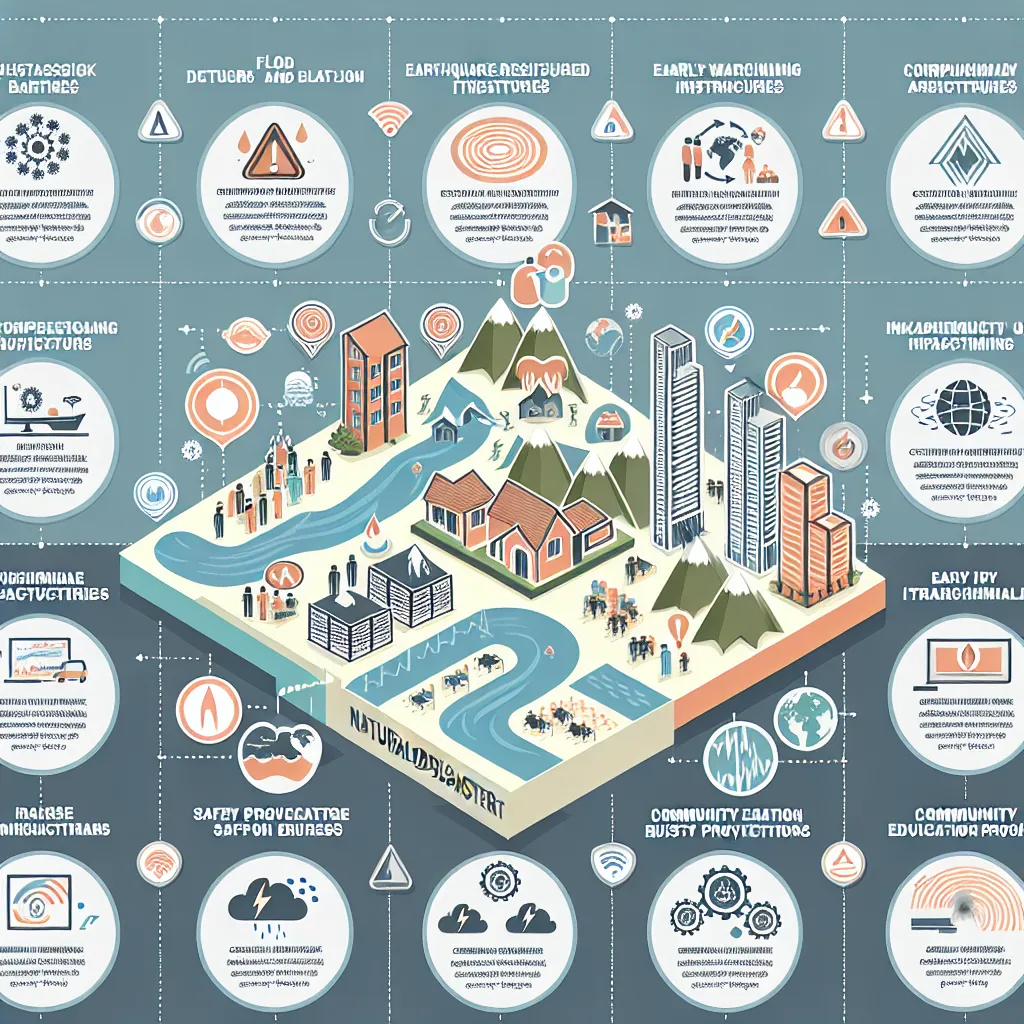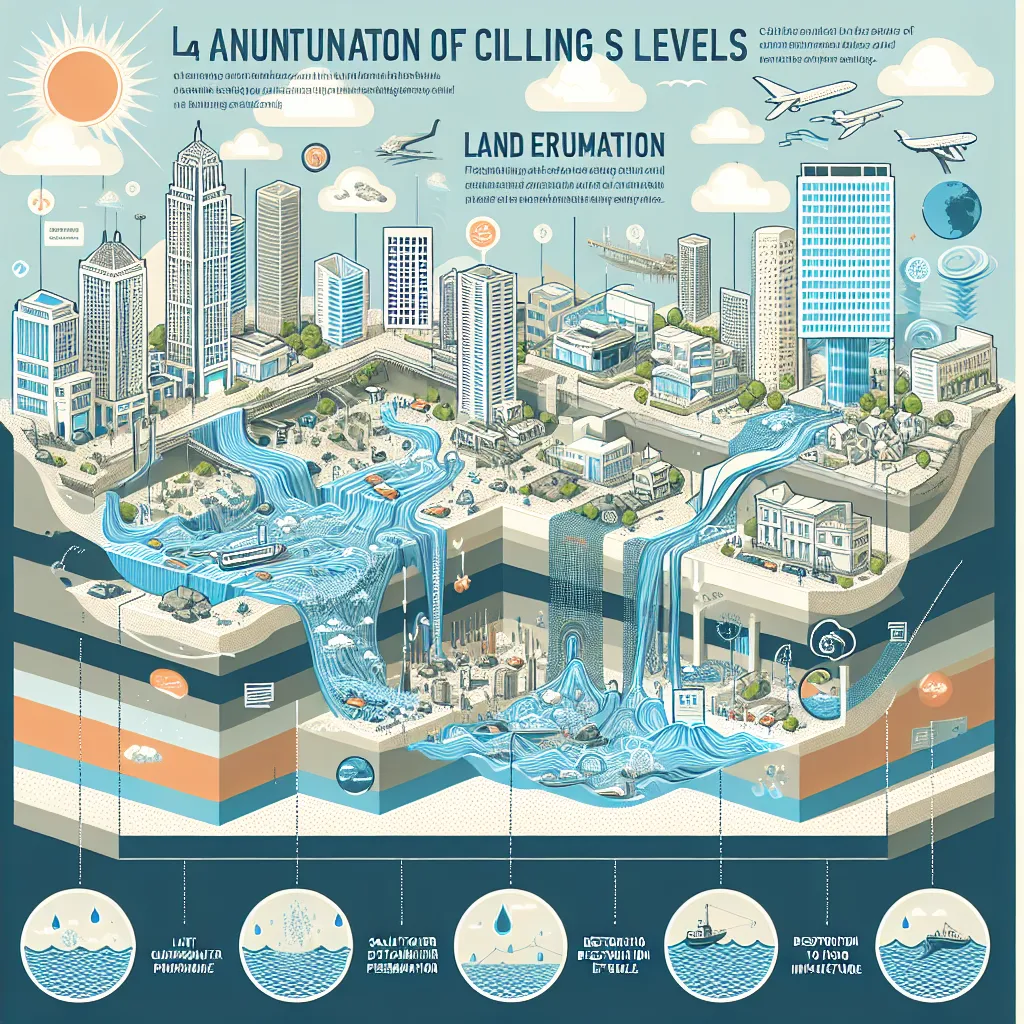Natural disasters and their impact on communities have become increasingly relevant topics in IELTS Writing Task 2. This subject not only tests your writing skills but also your understanding of global issues. In this article, we’ll explore a sample question, provide two model essays for different band scores, and offer valuable tips to help you excel in your IELTS writing task.
Nội dung bài viết
Analyzing the Topic and Its Relevance
The topic of managing the impact of natural disasters on communities is highly pertinent in today’s world. It has appeared in various forms in past IELTS exams and is likely to continue being a significant theme. This is due to the increasing frequency and severity of natural disasters worldwide, often linked to climate change and its effects on coastal cities.
Let’s examine a typical IELTS Writing Task 2 question on this subject:
Some people think that governments and individuals should invest in measures to prevent natural disasters. Others believe that it is better to invest in emergency response and recovery. Discuss both views and give your own opinion.
Analyzing the Question
This question requires you to:
- Discuss the view that investment should focus on prevention measures.
- Discuss the alternative view that investment should prioritize emergency response and recovery.
- Provide your own opinion on the matter.
Remember to address all parts of the question and support your arguments with relevant examples and explanations.
 Natural disaster prevention measures
Natural disaster prevention measures
Sample Essay 1: Band 8-9 Level
Natural disasters pose significant threats to communities worldwide, and the debate on how best to allocate resources to mitigate their impact is crucial. While some argue for investing in preventive measures, others advocate for focusing on emergency response and recovery. This essay will discuss both perspectives and argue that a balanced approach incorporating both strategies is most effective.
Those who support investing in preventive measures argue that proactive action can significantly reduce the damage caused by natural disasters. For instance, implementing stringent building codes in earthquake-prone areas or constructing flood barriers in coastal regions can minimize infrastructure damage and save lives. Moreover, early warning systems and public education programs can enhance community preparedness, potentially reducing casualties and economic losses. The long-term cost-effectiveness of these measures is often cited as a key advantage.
On the other hand, proponents of prioritizing emergency response and recovery argue that natural disasters are often unpredictable and unavoidable. They contend that well-funded and efficient emergency services can save more lives in the immediate aftermath of a disaster. Additionally, robust recovery programs can help communities bounce back faster, minimizing long-term economic and social disruption. This approach is seen as particularly relevant for regions where the type and severity of natural disasters vary widely, making specific preventive measures less universally applicable.
In my opinion, the most effective strategy is to adopt a balanced approach that incorporates both prevention and response measures. While prevention can significantly reduce risks and long-term costs, a strong emergency response capability is essential for dealing with unforeseen events and minimizing immediate impacts. This balanced approach allows communities to be both proactive in risk reduction and reactive in crisis management.
In conclusion, managing the impact of natural disasters on communities requires a comprehensive strategy. By investing in both preventive measures and emergency response capabilities, governments and individuals can create more resilient communities better equipped to face the challenges posed by natural disasters.
(Word count: 309)
Sample Essay 2: Band 6-7 Level
Natural disasters can cause a lot of damage to communities. Some people think we should spend money on preventing these disasters, while others believe it’s better to focus on helping after they happen. This essay will look at both ideas and give my opinion.
People who support prevention say it’s better to be prepared. For example, building stronger houses in areas where earthquakes happen can save lives. Also, teaching people what to do in a disaster can help them stay safe. These actions can stop a lot of damage before it happens, which can save money in the long run.
On the other hand, some think it’s more important to be ready to help after a disaster. They say that we can’t always stop natural disasters, so we need to be good at responding quickly. This means having good emergency services and plans to help people recover. They believe this approach is better because it can help with any type of disaster.
I think both ideas are important. We should try to prevent damage where we can, but also be ready to help when disasters do happen. This way, we can reduce risks and also be prepared to deal with emergencies.
In conclusion, the best way to deal with natural disasters is to do both prevention and emergency response. This will help communities be safer and recover faster from disasters.
(Word count: 234)
Key Points to Note When Writing
-
Structure: Both essays follow a clear structure with an introduction, body paragraphs discussing each view, the writer’s opinion, and a conclusion.
-
Language: The Band 8-9 essay uses more sophisticated vocabulary and complex sentence structures, while the Band 6-7 essay uses simpler language but still maintains clarity.
-
Examples: Both essays provide specific examples to support their arguments, which is crucial for a high-scoring IELTS essay.
-
Opinion: Both essays clearly state the writer’s opinion, as required by the question.
-
Coherence: The essays use linking words and phrases to ensure smooth transitions between ideas.
Important Vocabulary to Remember
- Mitigate (verb) /ˈmɪtɪɡeɪt/ – to make less severe or serious
- Proactive (adjective) /proʊˈæktɪv/ – acting in advance to deal with an expected difficulty
- Infrastructure (noun) /ˈɪnfrəstrʌktʃər/ – the basic systems and services that a country or organization needs to function properly
- Resilient (adjective) /rɪˈzɪljənt/ – able to quickly return to a previous good condition
- Stringent (adjective) /ˈstrɪndʒənt/ – very strict or severe
- Robust (adjective) /roʊˈbʌst/ – strong and unlikely to fail or weaken
- Comprehensive (adjective) /ˌkɑːmprɪˈhensɪv/ – including everything that is necessary
- Aftermath (noun) /ˈæftərmæθ/ – the consequences or after-effects of a significant unpleasant event
Conclusion
Managing the impact of natural disasters on communities is a complex topic that requires careful consideration of various strategies. By understanding the key arguments and using appropriate language and structure, you can craft a compelling essay for your IELTS Writing Task 2.
To further improve your skills, try writing your own essay on this topic and share it in the comments section below. This practice will help you apply what you’ve learned and receive feedback from others. Additionally, you might want to explore related topics such as the economic impact of climate-related disasters or the importance of disaster planning for communities to broaden your understanding of this crucial subject.


